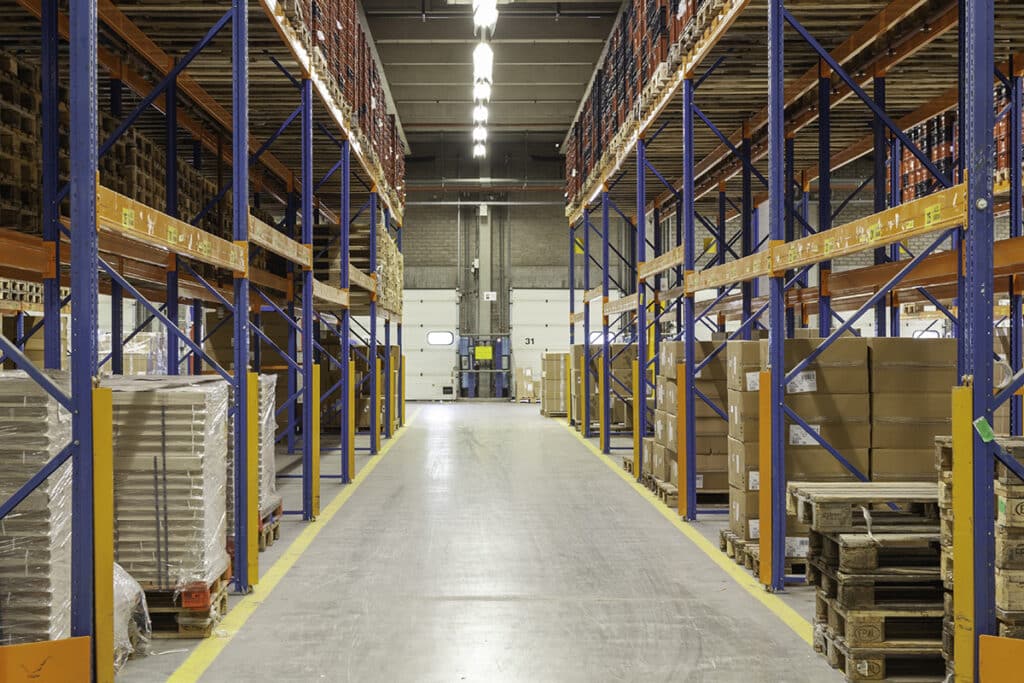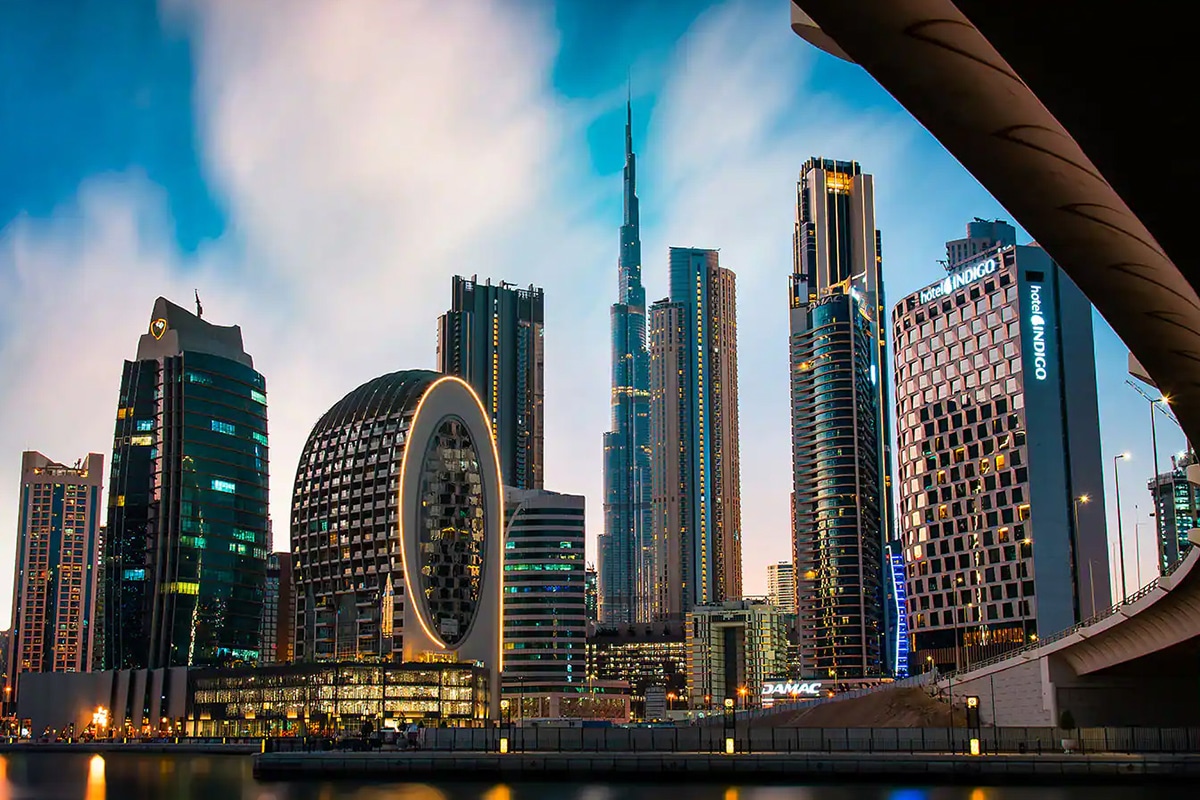Dubai’s commercial real estate market maintained strong momentum in 2024, with significant growth recorded across both the office and industrial sectors, an industry report said.
The city’s appeal as a global business hub, coupled with infrastructure advancements and sustained demand, continues to drive rental growth and investment activity, according to Savills latest market report.
Dubai’s office market remained vibrant in 2024, with demand outpacing supply for premium Grade A office spaces.
Key business districts such as DIFC, Business Bay, and Downtown reported near-full occupancy, with DIFC reaching 96 per cent by year-end.
Emerging areas like Dubai South and Expo City gained traction due to their affordability, reduced traffic congestion, and availability of space.
The city recorded a 9 per cent year-on-year increase in rental transaction volumes, supported by a 4 per cent rise in new company registrations, with over 51,000 businesses joining the Dubai Chamber of Commerce.
Financial services and the technology and media sectors dominated leasing activity, accounting for 52 per cent of transactions, Savills said.
“Dubai’s office market reflects the city’s appeal to global enterprises, underpinned by its strategic location, world-class infrastructure, and business-friendly policies,” said Toby Hall, Head of Commercial Agency, Savills Middle East.

The report also said Dubai’s industrial and logistics sector experienced unprecedented growth in 2024, driven by e-commerce expansion, population growth, and robust activity in the FMCG and oil and gas sectors.
Savills said looking ahead, both the office and industrial markets are poised for further growth in 2025.
“Approximately 1 million sq. ft. of Grade A office space and 920,000 sq. ft. of Grade A industrial facilities are expected to enter the market, alleviating supply constraints in the short term,” it said.
Developments such as Wasl Tower, DIFC Square, and new industrial spaces in key areas will broaden tenant options and cater to evolving business needs.
However, high demand is likely to maintain upward pressure on rents, particularly in prime locations, it said, adding that tenants and landlords alike are expected to favour longer-term leases.








